Keywords: What Is Christianity
-

RELIGION
- Paul Collins
- 20 September 2022
5 Comments
The word ‘Catholic’ is derived from the Greek Καθολικός (katholikos) meaning universal, of the whole, and the entire tradition is the very opposite of sectarian, particularist, narrow. It is most truly itself when it’s embracing and inclusive.
READ MORE 
-
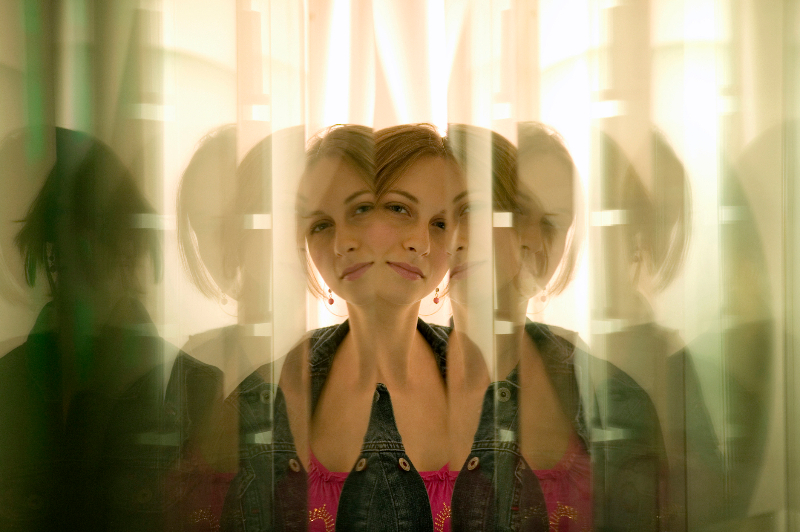
ARTS AND CULTURE
I’d been thinking about my own productivity as an employee, as a freelancer, as a parent; about what left me feeling satisfied, worthy, competent or guilty, unproductive, unfulfilled. I’m convinced we should value people for who they are, not what they do, or don’t or cannot do. And yet I catch myself, thinking about, talking about, how much I have or haven’t done on any given day; forgetting to reflect on how I have behaved, on the kind of parent, wife, colleague, friend that I’ve been.
READ MORE 
-
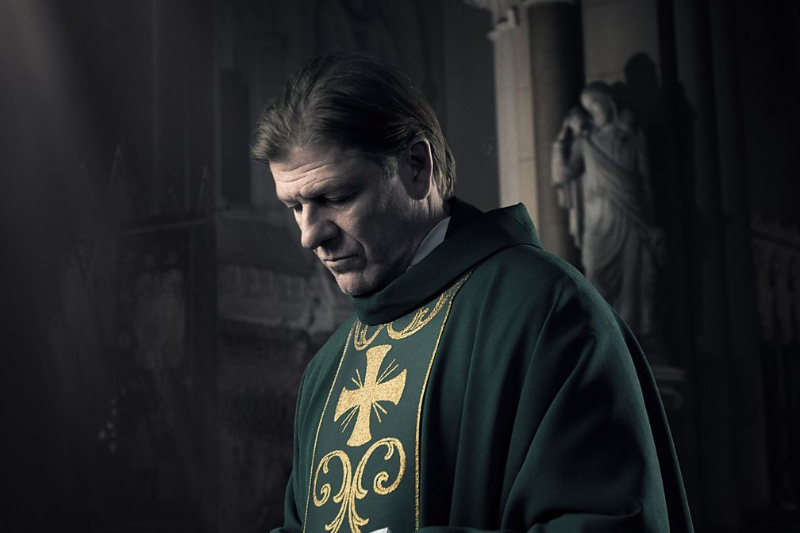
ARTS AND CULTURE
- Paul Mitchell
- 09 December 2021
18 Comments
Broken first aired on BBC1 in England in 2017. Four years to make it to Australia, but it was worth it. The series is a profound and powerful study of Christianity and what priesthood means, whether for the man holding up the bread at the altar, or that ‘priesthood of all believers’ to which Christianity’s adherents are said to belong.
READ MORE 
-
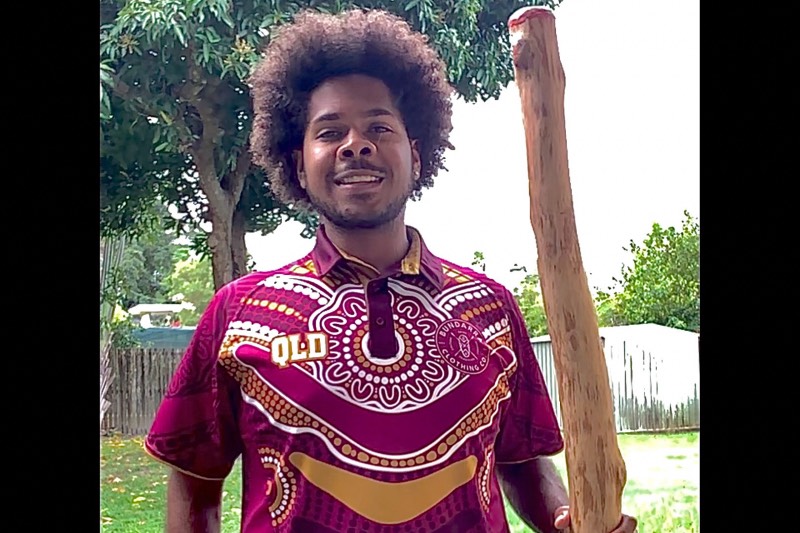
FAITH DOING JUSTICE
The question of reconciliation in the Church is particularly pressing, given 2021 marks the 250th anniversary of the arrival of Christianity in Australia, and the 150th anniversary of the arrival of Christianity to the Torres Strait. Yet many First Australians recognise that the Spirit of God was poured out onto the original inhabitants of this great Southern Land many, many thousands of years prior.
READ MORE 
-
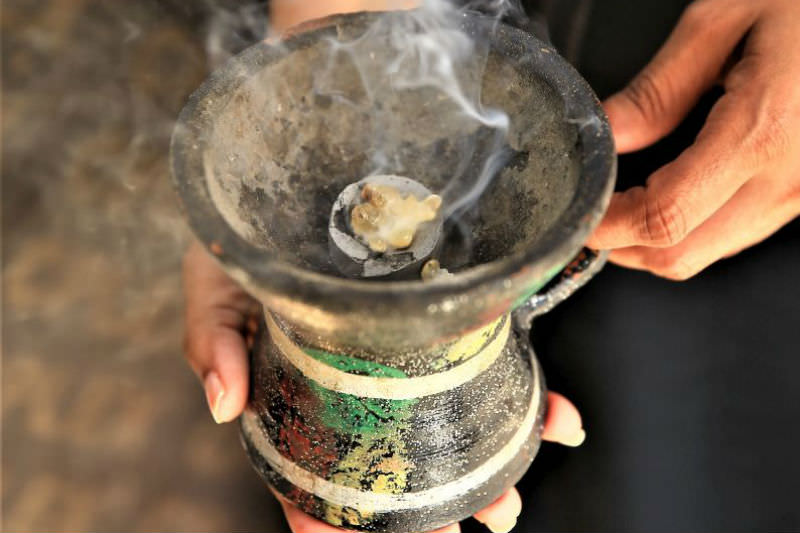
INTERNATIONAL
- Catherine Marshall
- 13 December 2018
2 Comments
How delightful to see this country's mosques suffused with the scent of frankincense — not just on celebratory days, but always. And what a surprise it is to find that this place in whose proximity Christianity unfolded smells exactly — precisely — like Christmas.
READ MORE 
-
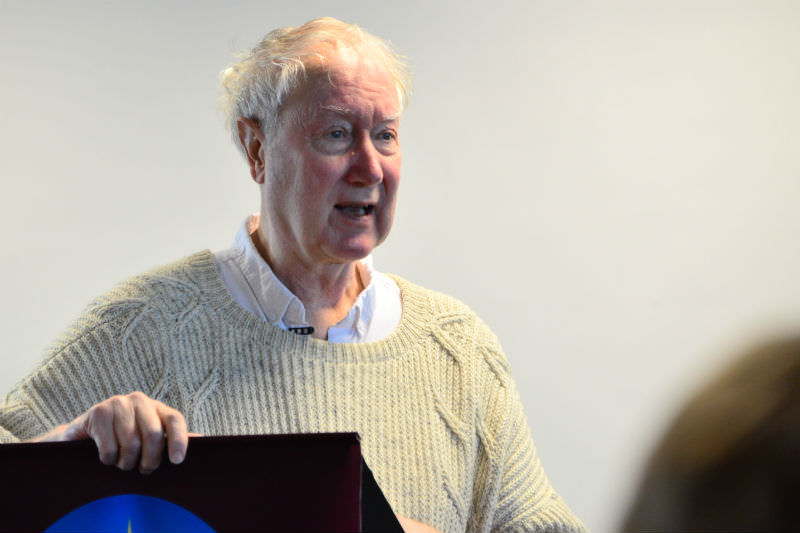
PODCAST
- Podcast
- 06 September 2018
5 Comments
What does it take to grow in conversation, even and perhaps especially in difficult conversation? Can contemporary Christianity get past the moralism and step into areas of pain? In this final episode for the second season, theologian Fr Timothy Radcliffe discusses questions about Catholic identity, education and democracy.
READ MORE 
-
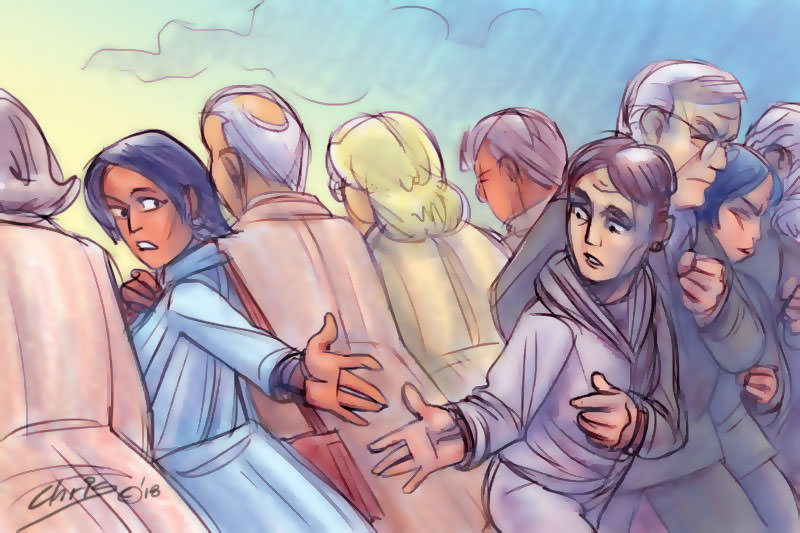
RELIGION
- Ben Pobjie
- 03 August 2018
46 Comments
I am not a fan of Christianity. For years I have been what some might call a 'militant atheist': the type who is far more likely to catalogue the pitfalls of faith than to highlight the benefits. But more and more I am enamoured of one element of Christianity that I consider its most striking, and most laudable, feature.
READ MORE 
-
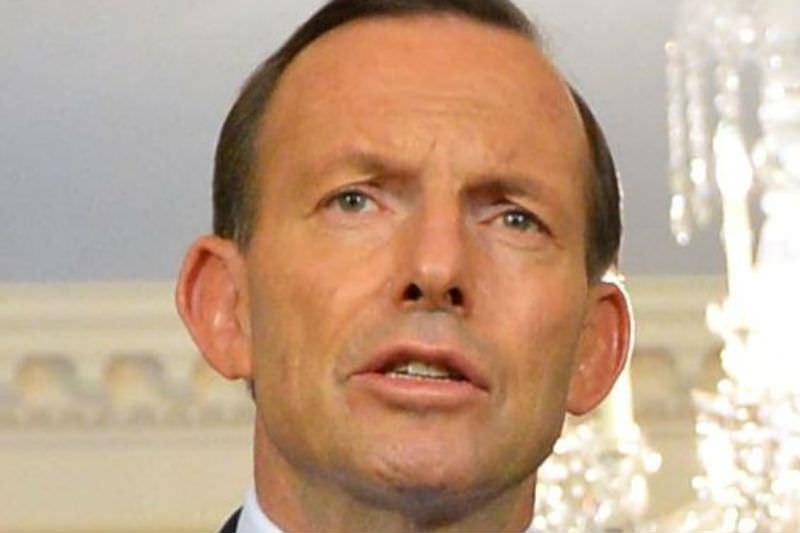
AUSTRALIA
- Andrew Hamilton
- 20 June 2018
60 Comments
The dispute about the Ramsay Centre Foundation for Western Civilisation had everything for those who like pub brawls. The question least discussed but most intriguing is precisely what is meant by Western Civilisation. Protagonists praised or damned its ideological associations, but rarely troubled to share their understanding of it.
READ MORE 
-
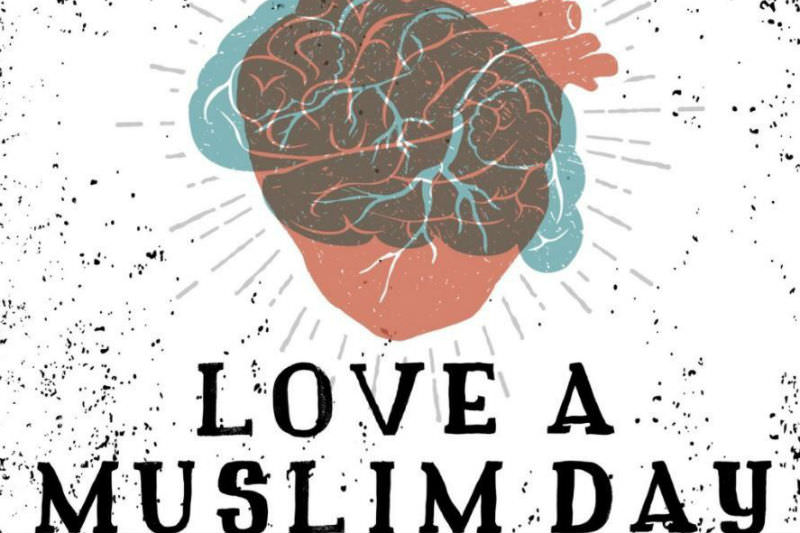
INTERNATIONAL
- Rachel Woodlock
- 05 April 2018
4 Comments
Punish A Muslim Day has come and gone. While we won't know for a few months if there was a statistical increase in the number of reported attacks on Muslims, the campaign's real purpose was simply to reiterate a message of stigma and exclusion. This is what makes the various counter-campaigns so important.
READ MORE 
-
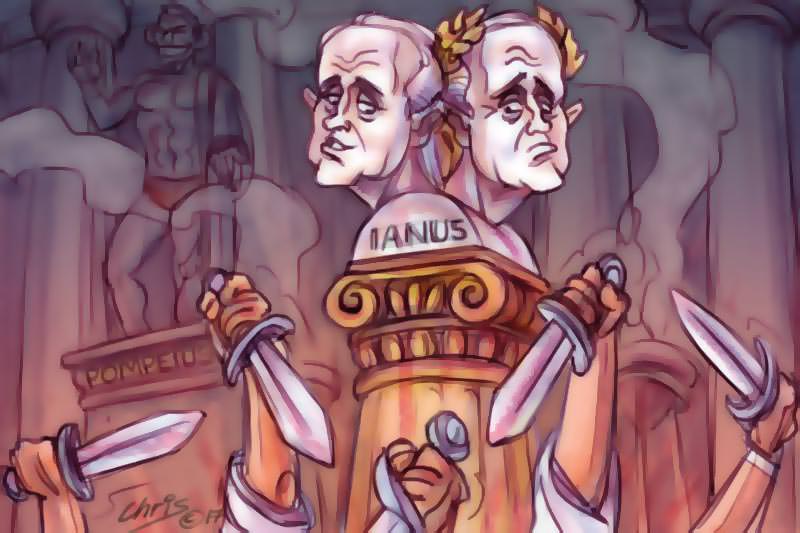
AUSTRALIA
- Barry Gittins
- 13 October 2017
3 Comments
In 2017, we have had one of the most uncivil years in memory, with assaults against politicians, institutions, entire demographics. What can we learn from antiquity? The obvious lesson from Rome's post-Caesarian civil wars is that internecine conflict is inevitably punctuated by further conflict and wrestling for power.
READ MORE 
-
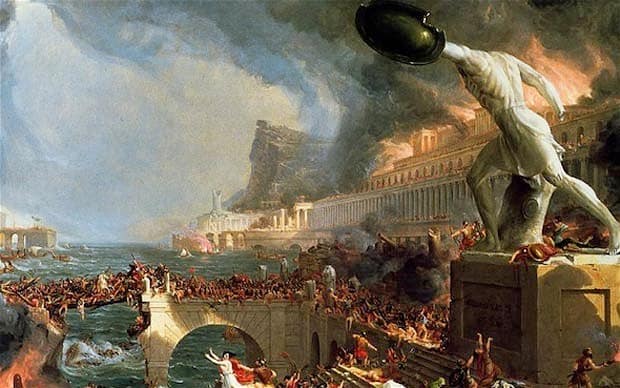
AUSTRALIA
- Andrew Hamilton
- 19 July 2017
21 Comments
Paul Kelly in the Australian makes the case that the decline in Christian faith made evident in the recent Census is in large measure responsible for the widespread loss of trust in the political system throughout the West. There are inevitable limitations to such broad brush arguments. Lack of trust in politics and institutions is not new. From the Roman Empire to contemporary China authorities who do not ensure an adequate supply of bread to their citizens can expect to meet distrust, unrest and replacement.
READ MORE 
-

RELIGION
- Frank Brennan
- 17 May 2017
As the Church of 2030, we need to be more attentive to the contemplation of believers and our experience of spiritual realities, as well as the preaching of the church. Pope Francis has no time whatever for the notion of the Church as a perfect society. But, there is no way that Francis wants to abandon the ideals and the commitment to truth and justice so well exemplified by his predecessors John Paul II and Benedict.
READ MORE